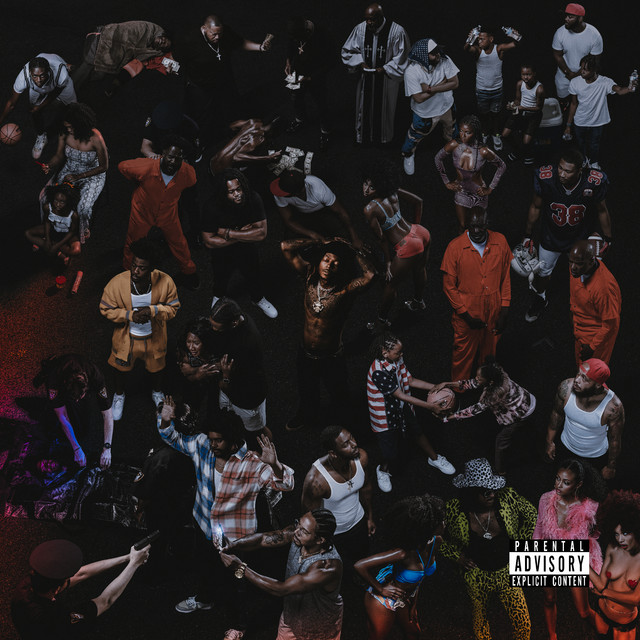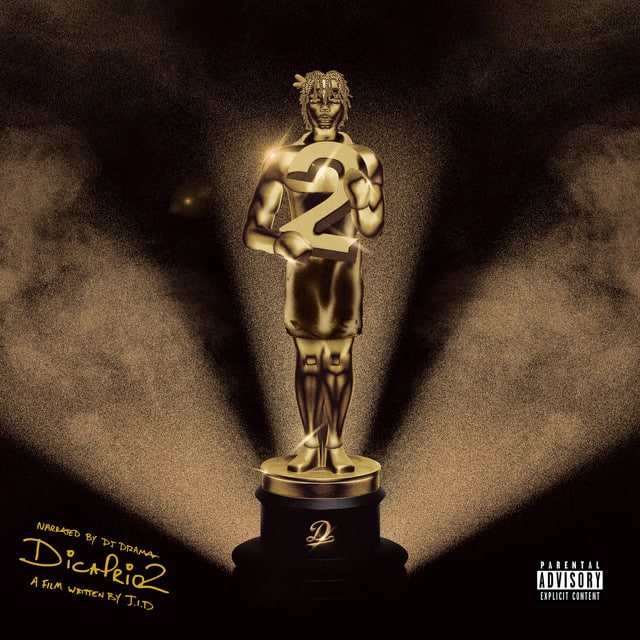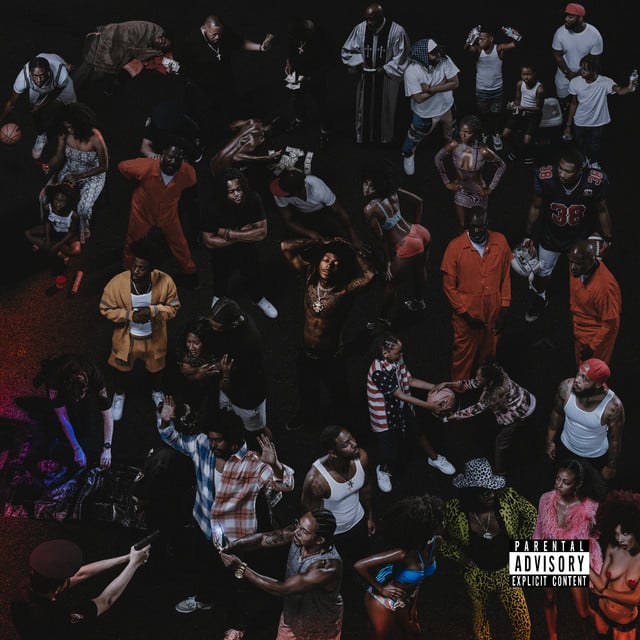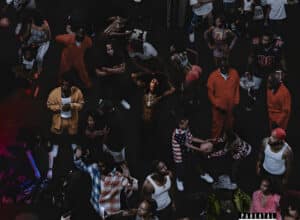Released: 2022 • Features: Kenny Mason
“Dance Now” is a hard-hitting track by JID featuring Kenny Mason that paints an intricate picture of their struggles and experiences as individuals growing up in Atlanta, their tryst with life on the street, and their pathway to success. The song uses metaphorical depictions and poignant imagery to articulate the reality they’ve lived, the dangers they’ve faced, and the moral conundrums they grapple with.
The opening verse sees JID reflecting on his journey from being a ‘juug,’ or hustler from the streets of Atlanta, to a recognized global rap artist. When JID spits, “He was just juugin’ right by the sto’,” he’s recounting his days spent dealing and risking encounters with law enforcement (“Then they saw the patrol, it was time to roll”). He later refers to the weapons his comrades carry (“‘Cause you niggas buggin’, spray pesticides”) in a no-nonsense depiction of life in the ‘hood, where survival often hinges on the capacity to defend oneself.
Next, JID confronts his critics and haters head-on, undeterred by those who doubt him (“Niggas say that I can’t, damn lie”), and uncompromising in his refusal to entertain them (“Ain’t dappin’ no hand, sanitize”). The shift into the hook – “I’ma shoot at the ground, dance now” – suggests a demand, a taunt perhaps, a sort of moment of power reclaimed from those who might try to bring him down.
The second verse continues the narrative with a heavier emphasis on the moral dichotomy of street life. The line, “You dance with the devil, you never dance again” is chilling, denoting the destructive consequences that come with succumbing to the temptations of street life and its illicit appeals. Kenny Mason also addresses socioeconomic differences with lines like “I could cop the newest Bimmer, Bentley, or Balenciagas,” only to remind listeners that he’s more invested in paying for “this little nigga’s scholarship” than being caught up in the petty politics of the rap industry.
The final verse encapsulates the idea that you can’t save someone who doesn’t want to be saved (“Only one you can help is yourself now”), and circles back to reinforce the opening sentiment – JID isn’t here for the haters; he’s focused on his upward trajectory, unwavering and not retreating.
The song ends on a philosophical note with JID emphasizing the power of “positive vibrations” and the “love of the creator” as keys to rising above life’s hardships. This ending serves as a powerful conclusion to an anthem steeped in gritty reality, ultimately symbolizing hope, resilience, and overcoming adversity.








